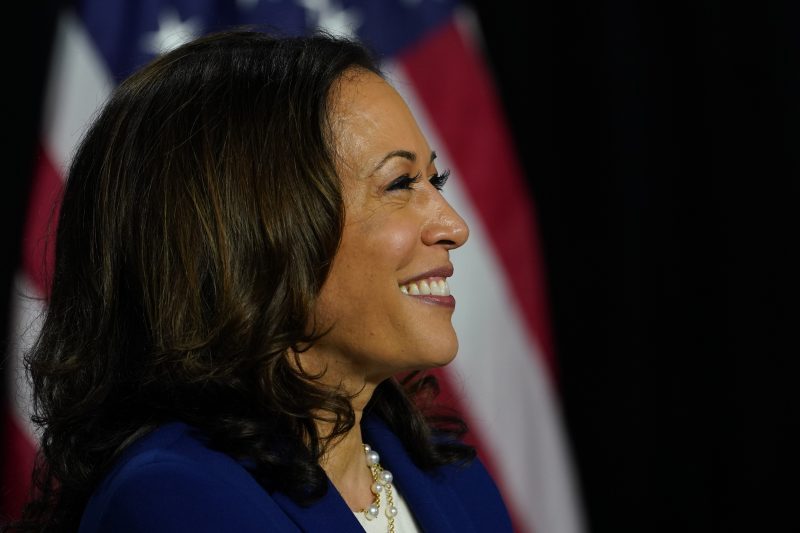How Busing School Desegregation Shaped Kamala Harris’s Views of Race
1. **Historical Context of Busing School Desegregation**
– In the 1960s and 1970s, the United States was grappling with racial segregation in its education system. The practice of busing students to different schools with the aim of achieving racial integration was a central strategy in the fight against segregation.
– Busing was a highly controversial issue, with opponents arguing that it was disruptive, costly, and ineffective, while proponents believed it was a necessary step to address the systemic inequalities in education.
2. **Kamala Harris’s Experience with Busing**
– Kamala Harris was born in 1964 to immigrant parents, and she spent her early years in Berkeley, California, a city known for its progressive politics and activism.
– As a child, Harris was part of the second class of students to be bused for integration in Berkeley. This experience exposed her to the realities of racial segregation and the challenges faced by minority students in the education system.
– Harris has spoken about how busing allowed her to attend diverse schools and interact with children from different backgrounds, shaping her views on race and justice from a young age.
3. **Impact on Harris’s Legal Career**
– Harris went on to study law and became a prosecutor, eventually serving as the District Attorney of San Francisco and later as the Attorney General of California.
– Her personal experience with busing and witnessing the impact of segregation on communities influenced her approach to criminal justice reform. Harris has advocated for policies that address racial disparities in the criminal justice system and promote equality and fairness for all.
4. **Political Implications**
– As a U.S. Senator and now the Vice President of the United States, Kamala Harris continues to prioritize issues of racial justice and equality. Her background in busing school desegregation has shaped her policy priorities and her commitment to addressing systemic racism.
– Harris’s personal experience with busing gives her a unique perspective on the challenges faced by marginalized communities and informs her advocacy for policies that promote inclusivity and fairness.
5. **Continued Relevance of Busing School Desegregation**
– While the era of busing school desegregation may be behind us, the legacy of this period continues to influence discussions on race, education, and social justice.
– Kamala Harris’s journey from a bused student to the Vice President of the United States is a testament to the enduring impact of policies aimed at achieving racial integration and equality in education.
6. **Conclusion**
– Kamala Harris’s experience with busing school desegregation has played a significant role in shaping her views on race and justice. Her advocacy for equality and inclusivity is rooted in her early exposure to the realities of segregation and the importance of dismantling systemic inequalities. As a leader in American politics, Harris’s commitment to addressing racial disparities continues to be informed by her lived experience with busing and the legacy of the civil rights movement.



























